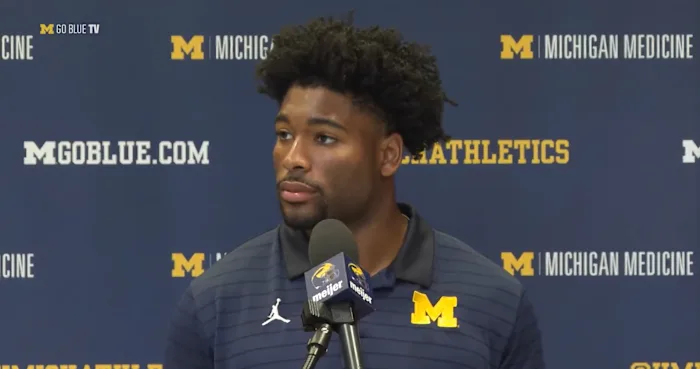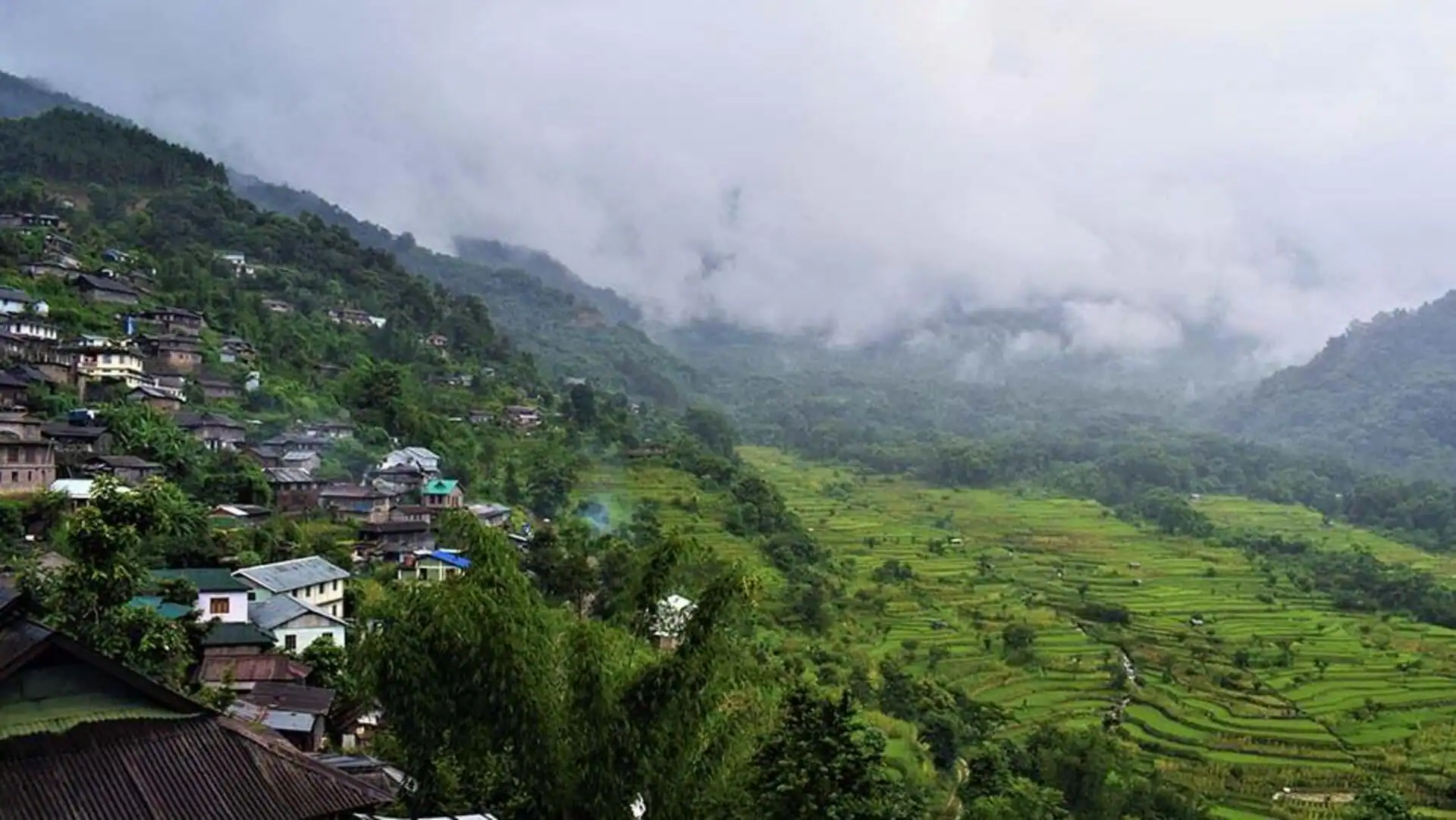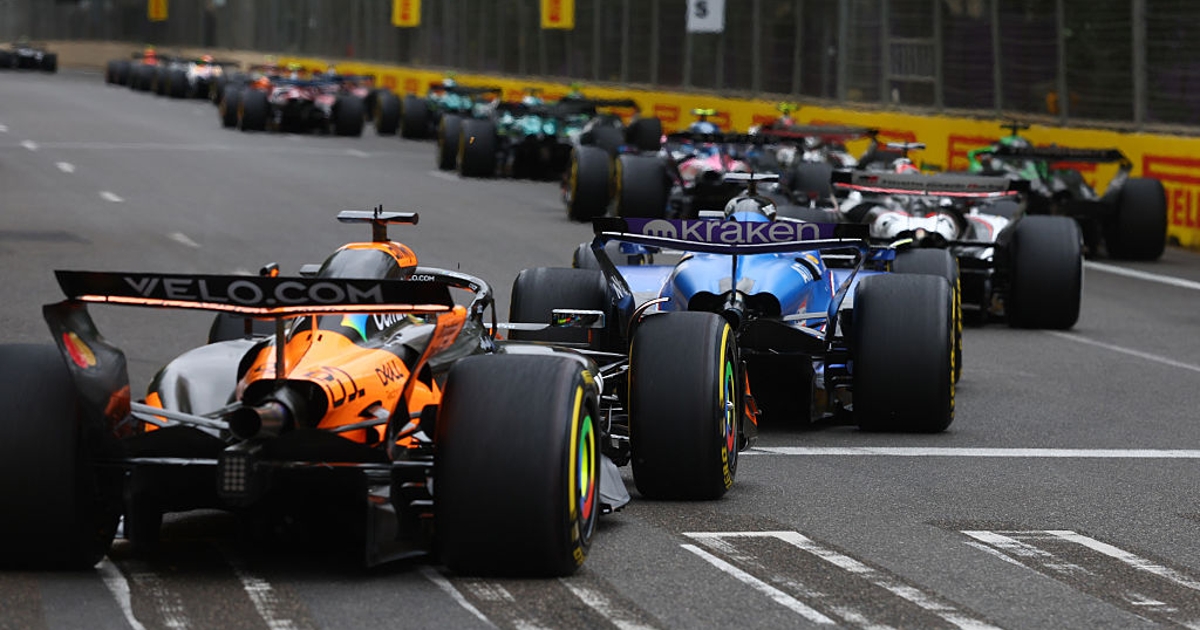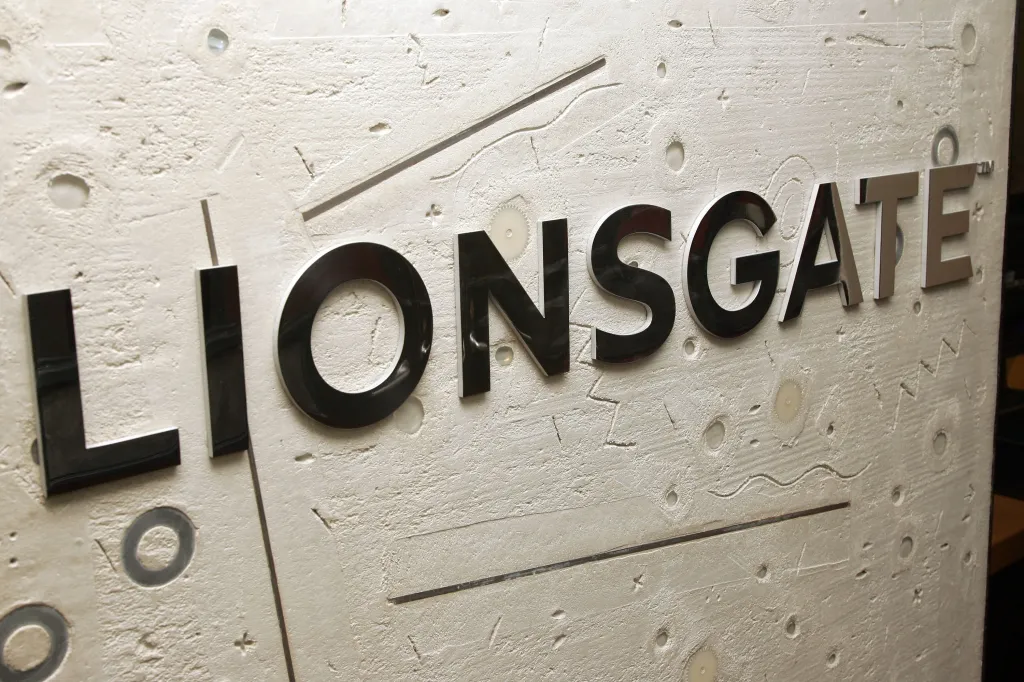By Greg Callaghan
Copyright brisbanetimes
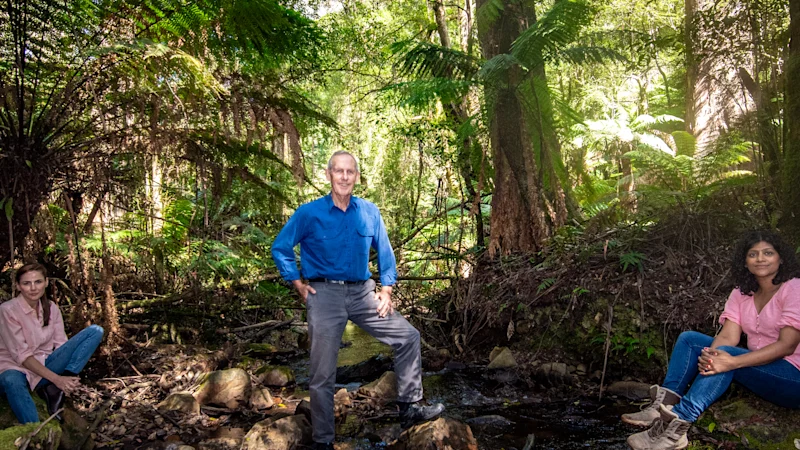
If you could name your three biggest achievements – the feats you are most proud of – what would they be?A part-role in saving the Franklin – I get letters every year from people who raft the Franklin, love it and say it was a life-changing experience. And then, in 1989, when we Greens were voted into the balance of power in Tasmania and doubled the size of the Tasmanian Wilderness World Heritage area to include the Walls of Jerusalem, the eastern half of Macquarie Harbour, the Denison River and its Huon pines, the giant eucalypts in the Picton Valley and the spectacular Vale of Rasselas with Lake Rhona. Standing up to president George Bush and John Howard over the illegal war, torture and death toll in Iraq. Taking the Stop Adani convoy from Hobart to Clermont in central Queensland and then to Canberra in 2019 to protest the outrageous expansion of the fossil fuel industry.
You gifted your previous property, Oura Oura, to Bush Heritage Australia to preserve as a wildlife area. Do we need more people, especially the wealthy, to support wildlife causes?Absolutely. Money is power and there’s nothing more powerful than gifting outfits like Bush Heritage Australia to buy and manage more of nature. These days, such “private” reserves (donors get to visit them, of course) are safer than national parks. As is, only 1 or 2 per cent of philanthropic money goes to protecting the environment, as does less than 1 per cent of government spending. But you can’t buy Crown land and that’s where conservation groups like my foundation come in – to protect public land, like Tasmania’s Takayna rainforest, that governments prefer to give over to corporate exploiters.
You’ve always lived quite simply, and currently share a small, environmentally friendly house with your partner. Meanwhile, the average Australian house is getting bigger and bigger, with far less green space in the way of back and front yards …We have to change official thinking on this. It should be difficult to build big houses via a range of government disincentives. When you fly over cities like Melbourne, you see vast stretches of solar panel-free factory roofs. Our parents and grandparents lived far more sustainably than we do. Energy efficiency – turning off lights in empty rooms, integrating heat pipes into building cladding, etc – could supply Australia with as much new electricity as a nuclear power station while cutting everyone’s power bills, but it’s not on the national agenda.
What do you see as the major environmental battleground in Australia?Two things. The spectre of global heating accelerated by burning coal, gas, oil and forests is the most obvious immediate challenge to life on Earth; along with an abject failure by all world leaders to defray the threats of chemical and biological weapons, nuclear armaments and artificial intelligence. Earth is now overburdened by us – the biggest herd of mammals ever – wanting more and more and increasingly divorced from the biosphere upon which all life depends. We’re not as smart or kind as we are compulsively selfish. That’s got to stop. It’s a battle between instinct and intelligence.
Australia has a national system of marine protected areas, which covers 43 per cent of our waters. But global marine ecosystems are in trouble because of rising ocean temperatures, as we’re currently witnessing with the toxic algal bloom spreading off the coast of South Australia, multiple bleaching events hitting the Great Barrier Reef and the disappearance of Tasmania’s giant kelp forests. What can we do?Commercial fishing is allowed in many “protected” seas. Vote out the old parties pimping for fossil fuel corporations, longline trawlers and native forest loggers. Vote in those who will prioritise protecting what’s left of nature, not least the oceans because that is the underpinning of social justice for coming generations. We need to get out of our armchairs and take action.
